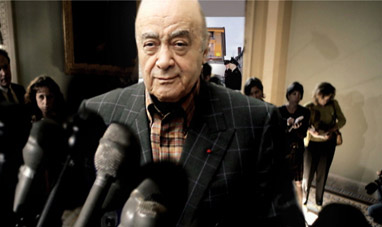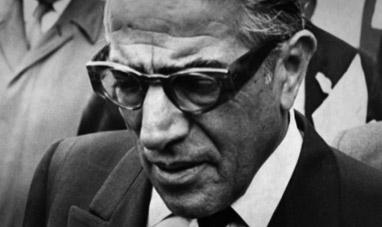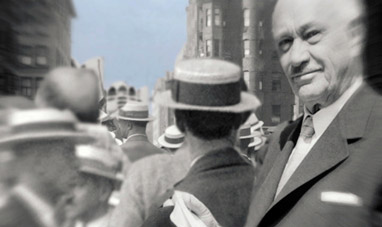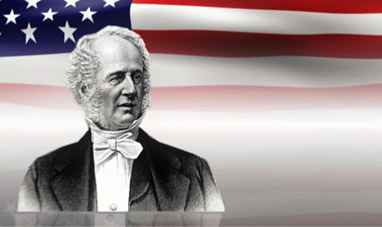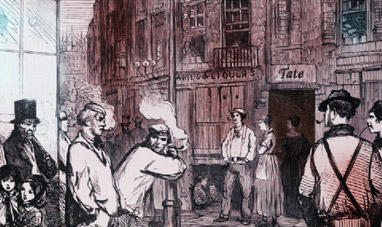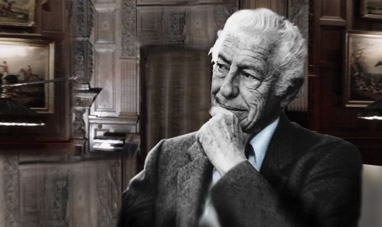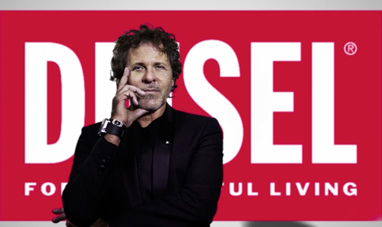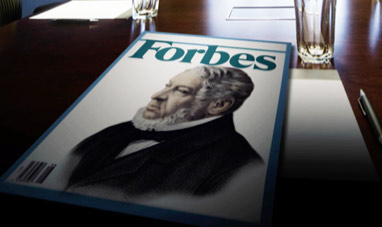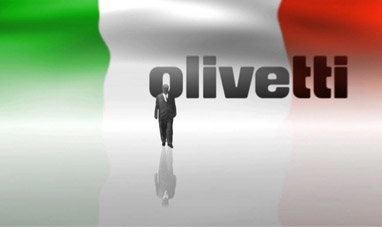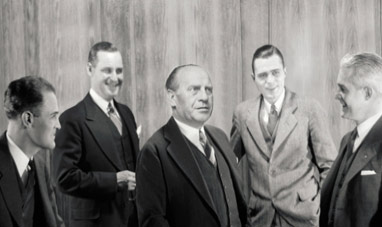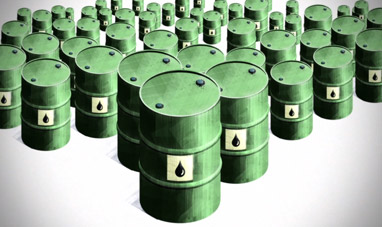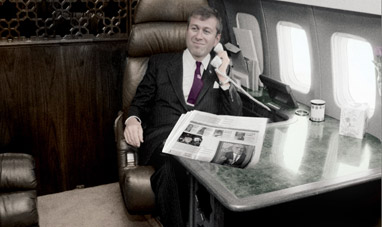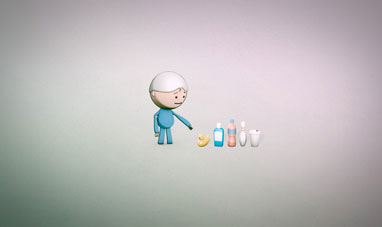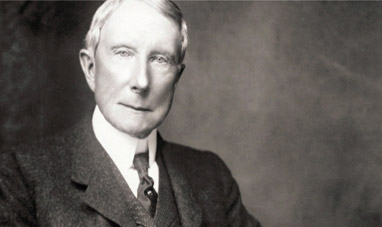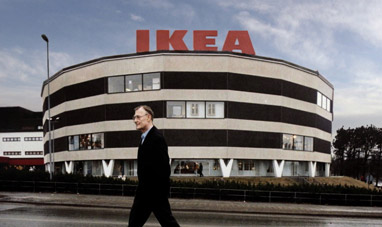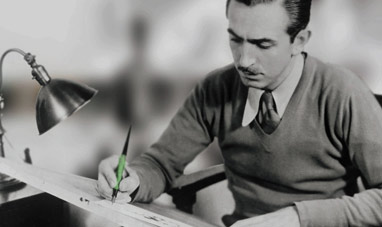Enrico Mattei was president of Italian energy giant ENI from 1953 to 1962.
He was born in Acqualagna, in Italy on April 29, 1906. His father was an Italian police officer. He began working as a painter when he was 13. In 1923 he became an apprentice tanner. Just a few years later, he was managing the tannery. In 1929 he moved to Milan and founded his own company in the chemical industry.
In 1945 Mattei was put in charge of dismantling the Italian Petroleum Agency, Agip, created during fascism. He decided to relaunch it instead, convinced that a national oil company represented Italy’s best route to energy independence.
He gave the okay to begin drilling wells in the Po Valley. In 1948, his company discovered a natural gas field in Ripalta, in Lombardy. He didn’t hesitate to finance political parties, movements and newspapers to achieve his aims. He outmaneuvered slow-moving bureaucracy by digging wells and positioning gas pipelines during the night, leaving bureaucrats no choice but to accept a done deal.
In 1953 Mattei helped create ENI, which merged with Agip. These were the post-war years, and Italy had few energy resources. Rather than passing through official, US-controlled channels, Mattei negotiated directly with oil-rich countries like Libya, Morocco, Iran and Egypt. He signed agreements with them that ceded 75% of profits, involved them in the production process, and set training standards for the local labor force.
Mattei’s program was successful. Italian energy independence became a concrete possibility. But Mattei had come into conflict with the seven great US oil companies, which Mattei ironically defined as the Seven Sisters. The Seven Sisters only offered Middle Eastern countries 50% of their profits. Mattei also faced hostile opposition at home: the challenge he posed to the US worried Italian politicians and industrialists who relied on American financing.
In 1956 he helped found the newspaper Il Giorno, which supported ENI and Amintore Fanfani’s left-leaning Christian Democracy political party. Fanfani in turn supported Mattei’s project. In 1960, at the height of the Cold War, he challenged the US once again by concluding negotiations with the Soviet Union. The trade agreement involved supplying oil in exchange for Italian goods.
Always on the lookout for new partners, Mattei sided with those in favor of Algerian independence from France. Algeria was an oil rich country, and the decision made Mattei enemies within the French military.
He died on October 27, 1962. The airplane on which he was traveling from Catania to Milan crashed in Bascapè, in the province of Pavia. The investigations committee concluded that it was an accident. But in 2003 investigations demonstrated that a bomb exploded on the airplane. Italy’s hopes for energy independence died along with Mattei.
He was born in Acqualagna, in Italy on April 29, 1906. His father was an Italian police officer. He began working as a painter when he was 13. In 1923 he became an apprentice tanner. Just a few years later, he was managing the tannery. In 1929 he moved to Milan and founded his own company in the chemical industry.
In 1945 Mattei was put in charge of dismantling the Italian Petroleum Agency, Agip, created during fascism. He decided to relaunch it instead, convinced that a national oil company represented Italy’s best route to energy independence.
He gave the okay to begin drilling wells in the Po Valley. In 1948, his company discovered a natural gas field in Ripalta, in Lombardy. He didn’t hesitate to finance political parties, movements and newspapers to achieve his aims. He outmaneuvered slow-moving bureaucracy by digging wells and positioning gas pipelines during the night, leaving bureaucrats no choice but to accept a done deal.
In 1953 Mattei helped create ENI, which merged with Agip. These were the post-war years, and Italy had few energy resources. Rather than passing through official, US-controlled channels, Mattei negotiated directly with oil-rich countries like Libya, Morocco, Iran and Egypt. He signed agreements with them that ceded 75% of profits, involved them in the production process, and set training standards for the local labor force.
Mattei’s program was successful. Italian energy independence became a concrete possibility. But Mattei had come into conflict with the seven great US oil companies, which Mattei ironically defined as the Seven Sisters. The Seven Sisters only offered Middle Eastern countries 50% of their profits. Mattei also faced hostile opposition at home: the challenge he posed to the US worried Italian politicians and industrialists who relied on American financing.
In 1956 he helped found the newspaper Il Giorno, which supported ENI and Amintore Fanfani’s left-leaning Christian Democracy political party. Fanfani in turn supported Mattei’s project. In 1960, at the height of the Cold War, he challenged the US once again by concluding negotiations with the Soviet Union. The trade agreement involved supplying oil in exchange for Italian goods.
Always on the lookout for new partners, Mattei sided with those in favor of Algerian independence from France. Algeria was an oil rich country, and the decision made Mattei enemies within the French military.
He died on October 27, 1962. The airplane on which he was traveling from Catania to Milan crashed in Bascapè, in the province of Pavia. The investigations committee concluded that it was an accident. But in 2003 investigations demonstrated that a bomb exploded on the airplane. Italy’s hopes for energy independence died along with Mattei.



